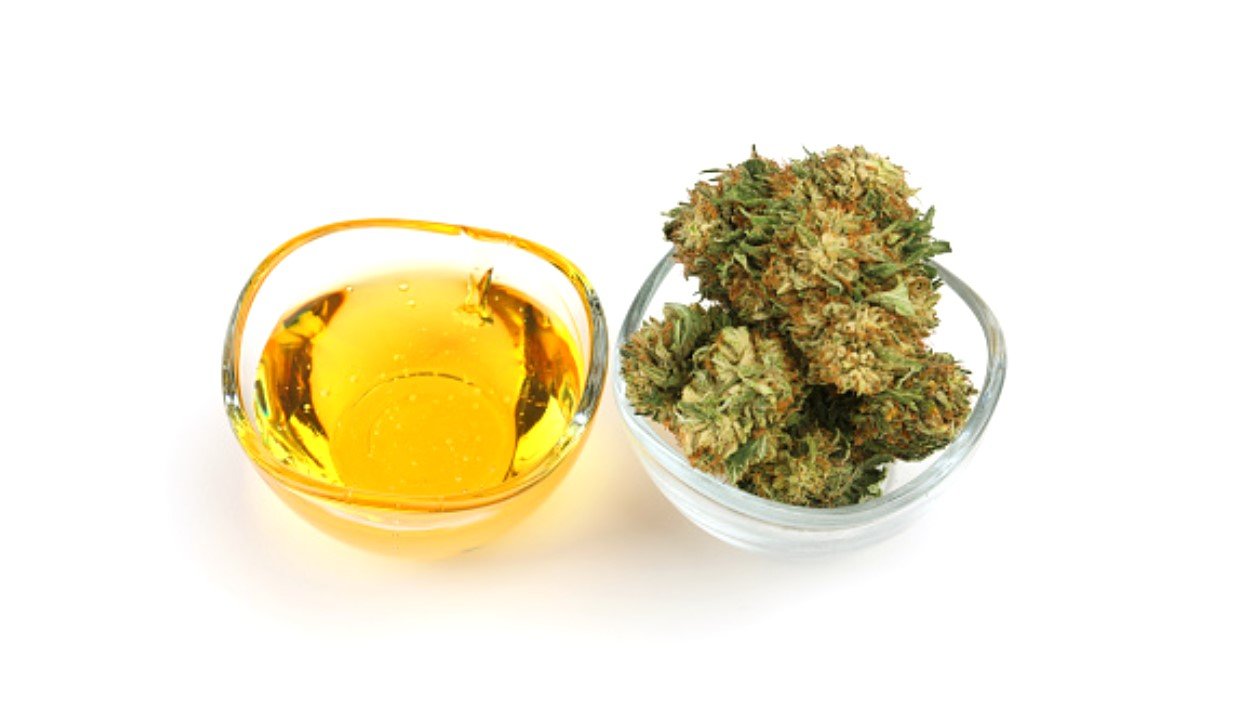4 CBD Business Opportunities: Future of the Growing Industry

CBD business opportunities are at the forefront of change in many ways, with a lot of growth potential. Hemp-derived cannabinoids with no more than 0.3 percent THC are still a grey area in terms of regulation because they were federally banned before the 2018 Farm Bill was enacted. Ambiguity of CBD business opportunities are still at stake and a double-edged sword, since it creates several new problems with financing, marketing, and manufacturing goods.
Simultaneously, this market and the industry are expanding at breakneck speed. The worldwide legal cannabis market began at $6.7 billion in 2013 and reached $40 billion by 2021, according to ArcView Market Research. At the same period, marijuana sales are projected to grow from $9.7 billion to more than $50 billion over the next decade, potentially making it a multibillion-dollar industry.

CBD Business Opportunities have Already Become Big
CBD has grown into a big business, and it is expected to grow even larger. With the potential of over $22 billion in sales by 2020, this growth is projected to increase even more. CBD business , CBD oil, and the CBD industry are all expected to flourish.
CBD firms presently provide a wide selection of goods
As CBD becomes more mainstream, CBD business opportunities continue to grow. Here are some of them.

1. It will Take Congress to Clarify Things
Despite the fact that things are gradually improving, there are still many regulatory issues to be addressed. It will take Congress to clarify things. Despite the fact that CBD business is legal under federal law, we notice that they face difficulties obtaining money and regular services from lenders and other financial services companies.. Furthermore, the capacity to market CBD as a safe and efficient product is restricted by how the FDA categorizes it. Further legal amendments will create many previously inaccessible or restricted marketing and distribution outlets, resulting in greater sales and brand exposure.

2. Increased Consumer Spending and Improved Supply Chains
Increased consumer spending will result from big-box retail access, which will stabilize and improve supply chains. In addition, big-box retailers will provide a variety of topicals and edibles in a number of product categories and applications.
This new range could substantially expand the market while also benefiting hemp farmers and laboratories that perform the extraction, distillation, crystallization, and isolation of CBD from plants in the supply chain. Another advantage will be encouraging more high-quality labs to get involved in the CBD business, as many companies are hesitant to leave their primary domains. As retail demand increases, the cost of raw materials will go up significantly.
3. More Well-Known Businesses will Enter the Market
Through acquisitions, several more well-known businesses will enter CBD business. Despite the fact that CBD has a long history of usage, many large enterprises have been hesitant to include it into their product lines because of the market's early "Wild West" period. But once the legal landscape stabilizes and clears, It is believed that many major business corporations will diversify their product lines with CBD to create additional revenue streams. Companies like Procter & Gamble, Johnson & Johnson, Coca-Cola, and Unilever may enter the industry by buying prominent CBD market participants.

4. Safety and Quality Assurance will Improve
CBD firms that now largely self-regulate will be compelled to improve their quality assurance and compliance efforts in order to survive. The revenue generated by the new providers will be greater than that of those who already offer high-quality goods, allowing them to profit from their R&D and manufacturing investments. Increased quality assurance and safety will be two of the most significant benefits. With the increasing popularity of CBD, public education about cannabinoids will reach an all-time high. Consumers may feel more comfortable and secure when purchasing items that are properly regulated through this.
Conclusion
In many ways, CBD business opportunities are growing in an incredible pace. It's already a multi-billion-dollar industry that will only grow as millions of people make their opinions clear regarding CBD products. Nevertheless, Despite the industry's impressive growth, there are still some barriers that need to be handled. CBD businesses still have to deal with several unique challenges, including raising cash and using usual payment processing. The FDA classifying CBD as a dietary supplement, the industry's unrestricted access to financial services, and an informed regulatory framework that improves product quality and safety across the board are all critical steps in overcoming these hurdles.



